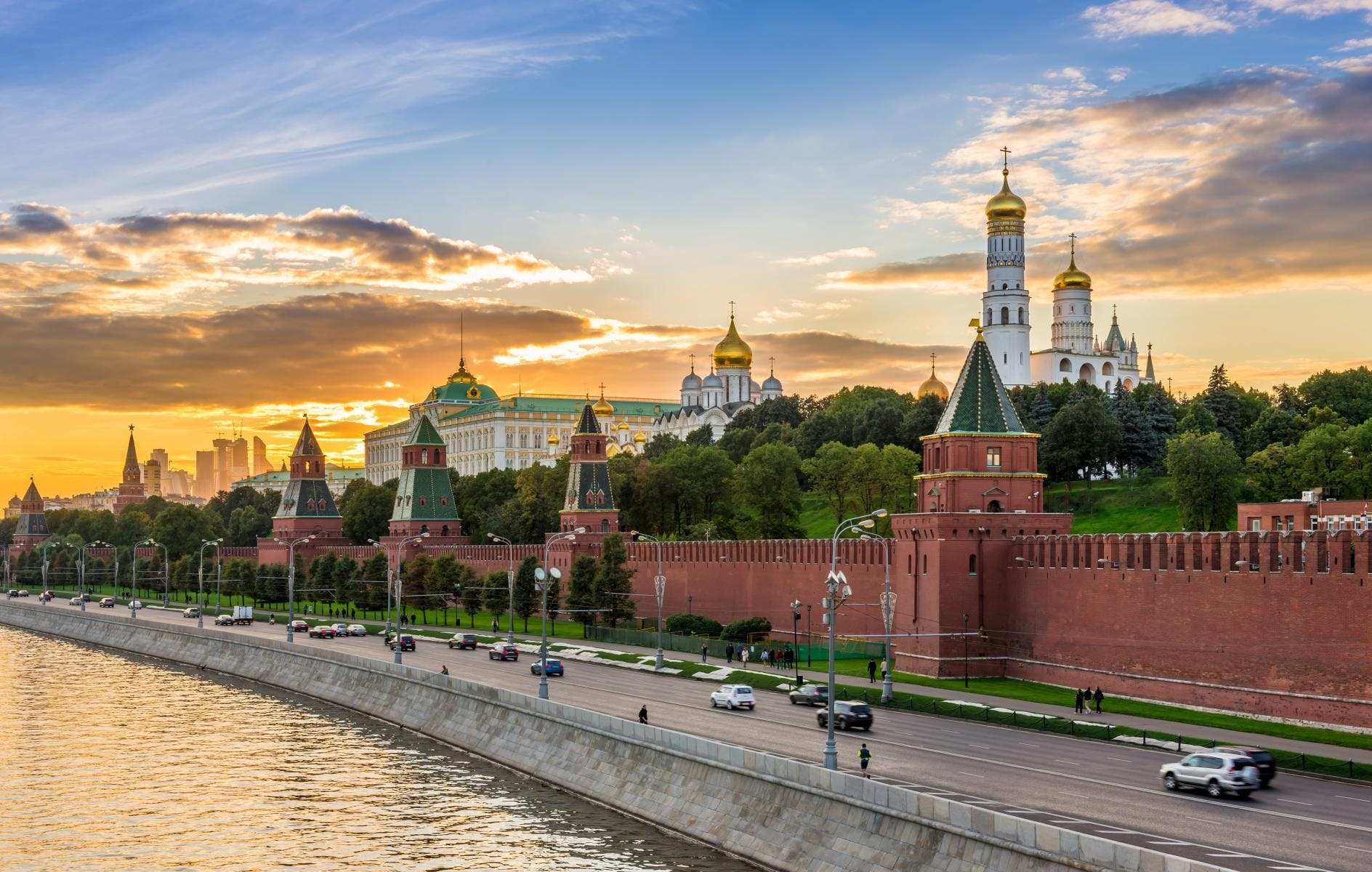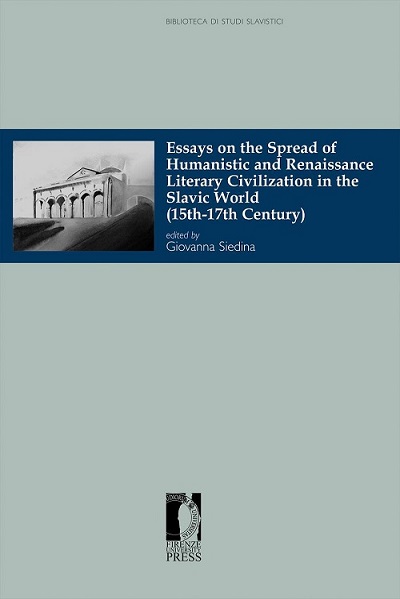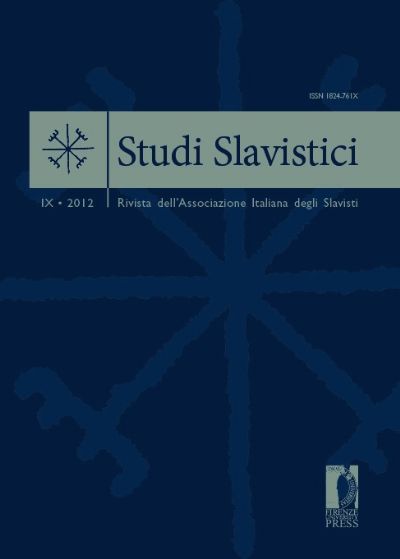Kafka in Russia
Despite the ‘infinite attraction’ (Diaries, entry from 14 Feb. 1915) that Russia
exerted on Franz Kafka and despite his undoubtedly deep attachment to Russian
literature, to Gogol, Dostoevsky and Chekhov, in whose works the origins of his
poetics can be found, the Bohemian writer was long ignored in the Soviet Union.
The present article follows two streams of thought: it first traces the relationship
between Kafka and Russian culture and later focuses on the troubled reception
of his works in the Soviet Union until today.


